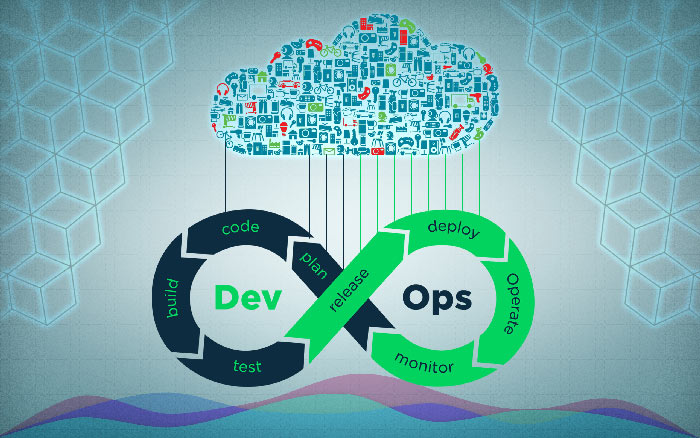When a business wants to utilize the power of cloud computing, it has to gain access to DevOps services in order to ensure the optimization of software delivery and cloud infrastructure management processes. This expertise can be hired in-house like any other talent, obtained through working with freelancers, by subscribing to Managed DevOps services from and IT outsourcing company like https://itsvit.com/ or received under a paid subscription to the cloud provider technical support or its certified partners.
What route to choose and how to ensure receiving the most cost-efficient allocation of your effort in securing the expertise required to manage cloud computing resources? Let’s look at the pros and cons of all the approaches listed above.
Hiring DevOps talents in-house or as freelancers
Wherever your business is located, there is a chance to hire a DevOps engineer in-house or enlist the help of a skilled freelancer through the talent marketplaces like Upwork or TopTal. This ensures the expertise retains in the team and your DevOps specialist knows the system in and out.

However, finding such talent locally is not always the option, unless you are located in one of the major IT hubs. In addition, it might take a long time, the level of the specialist’s skills might not be sufficient for the job, he or she might get ill, go on vacation or quit your employ, putting the project at risk. The same applies to work with freelancers, not to mention the natural aversion of every business that has to provide access to mission-critical systems to a complete outsider.
Opting for a paid subscription to a cloud vendor’s technical support
Every customer of a cloud platform can access an immense knowledge base covering all the aspects of working with the cloud features of that provider. Be it Amazon Web Services, Google Cloud o MS Azure, you can build and sustain a basic infrastructure needed to develop and run your product there yourself (or the skills of your in-house IT team should suffice). However, should any advanced challenge present itself, finding an answer to it in the knowledge base can take inordinate amounts of time. Besides, keep in mind there might not be a step-by-step guide to solving the hurdle you are experiencing.

This is why many companies opt for paid technical support from the cloud service providers or from their certified partners at the corresponding Marketplaces. This ensures your IT operations will be served by highly-skilled engineers — but this is a direct route to vendor lock-in, as AWS engineers and staff of certified partner companies are sure to use AWS tools and features mostly, etc. In addition, when relying on being served by AWS support under SLA, keep in mind that when you encounter some serious issue, you might no recognize its cause at once and waste precious time by presenting the incorrect issue description. As a cherry on top of the cake, 4 hours are still under SLA, and it is only the time till guaranteed response, not till issue resolution. As you can see, this approach presents both great advantages and pretty significant risks.
Working with Managed DevOps services provider
This approach combines the benefits of both previous ones and is devoid of their drawbacks. You can hire a DevOps team from a trustworthy MSP with ease and check their background through independent ratings, customer reviews from previously completed projects, by checking their website, blog and social media — you can just perform a technical call with them to discuss the project details.
Should you decide to work with such a team, you will be protected by an NDA, SLA and their need to support their reputation (and their TTR is more likely to be 15 minutes, not 4 hours). They can start working on the project at once, can provide detailed reports on the tasks accomplished and will part ways with you after the project is delivered without any hard feelings, so you can hire them again if need be.

Most importantly, DevOps engineers from MSPs have an in-depth understanding of cloud platform features, ut they avoid vendor lock-in by building modular systems and replacing platform-specific tools with open-source analogs wherever possible to ensure maximum cost-efficiency of resource allocation.
Thus said, hiring a Managed DevOps services provider to help you manage your IT operations is the best decision you can make. Try out yourself!
